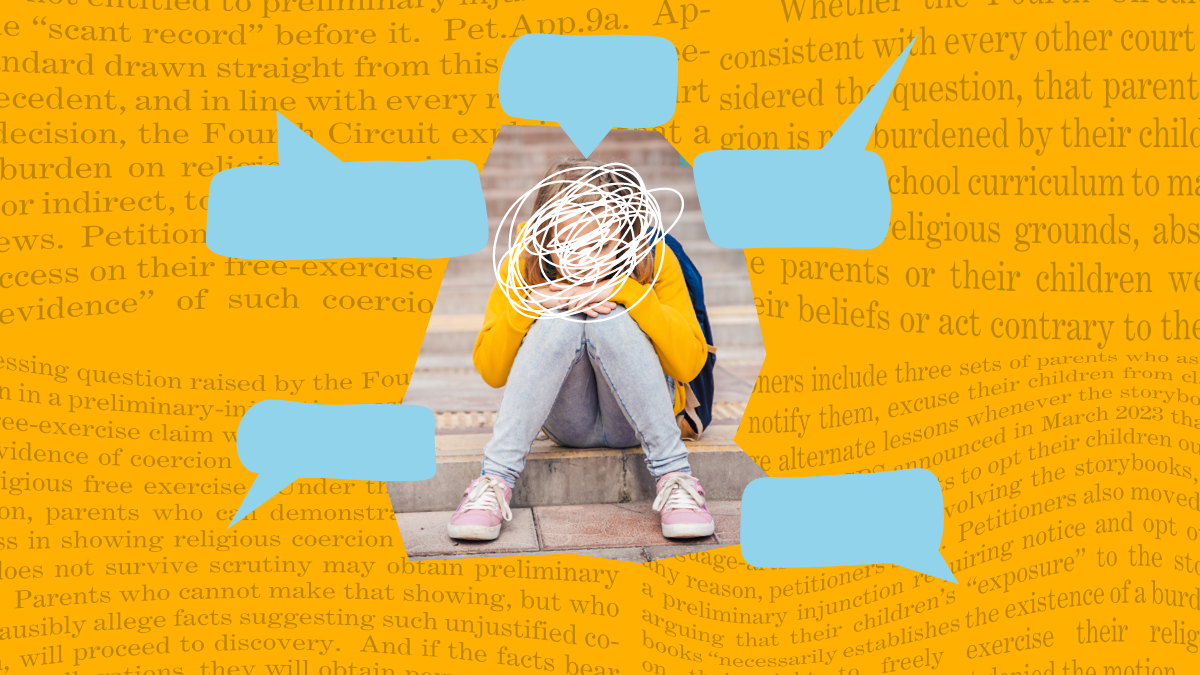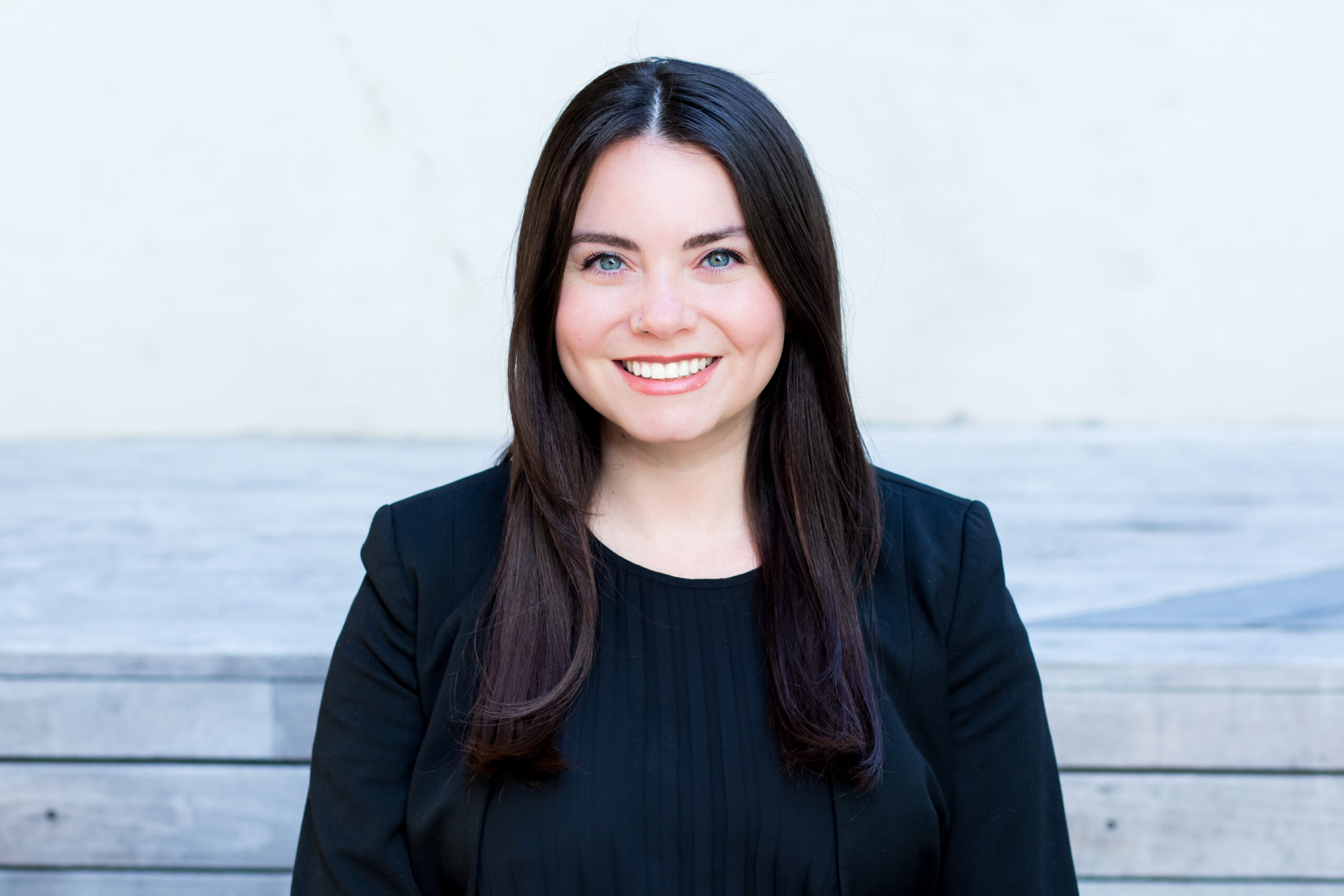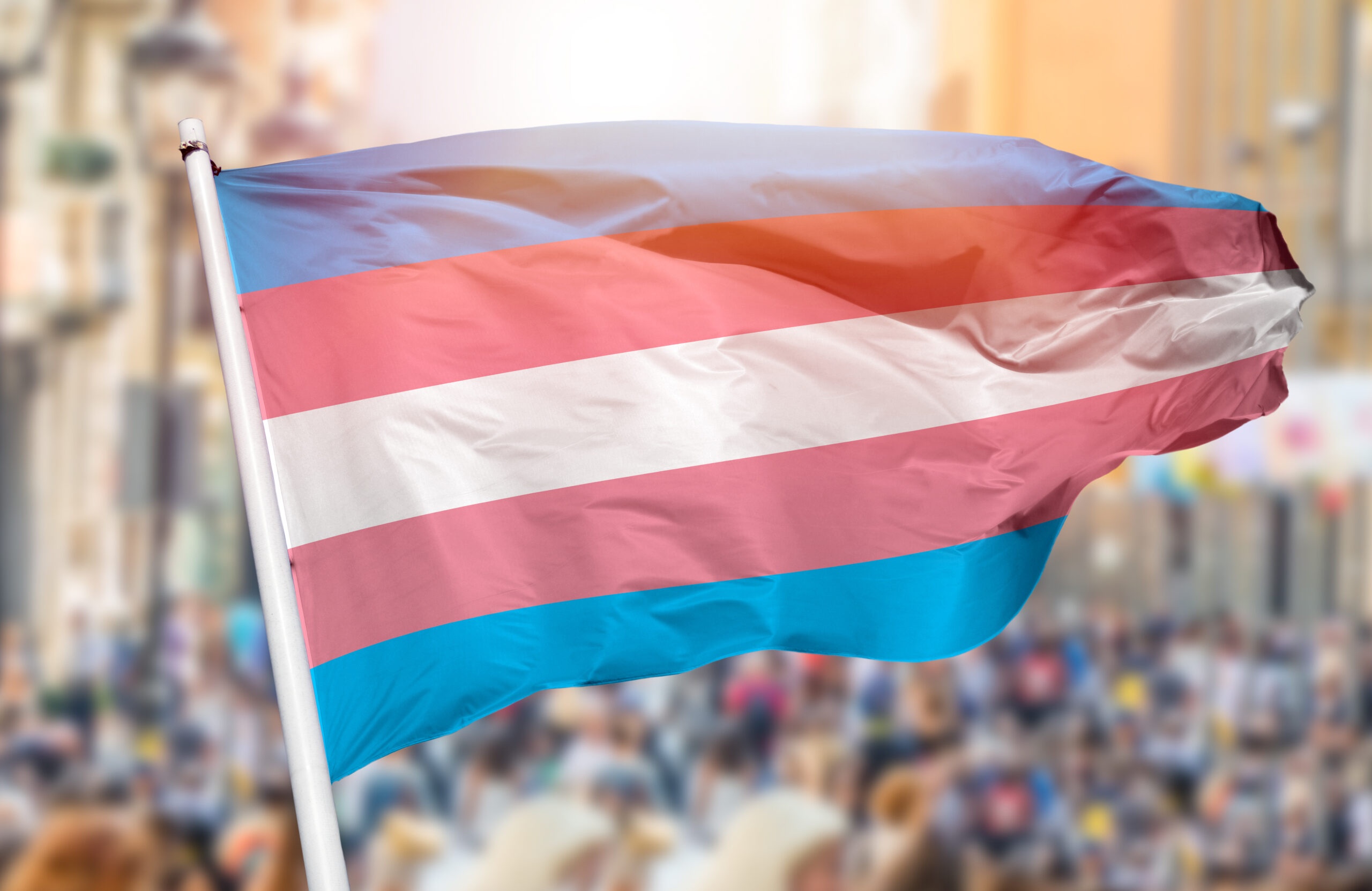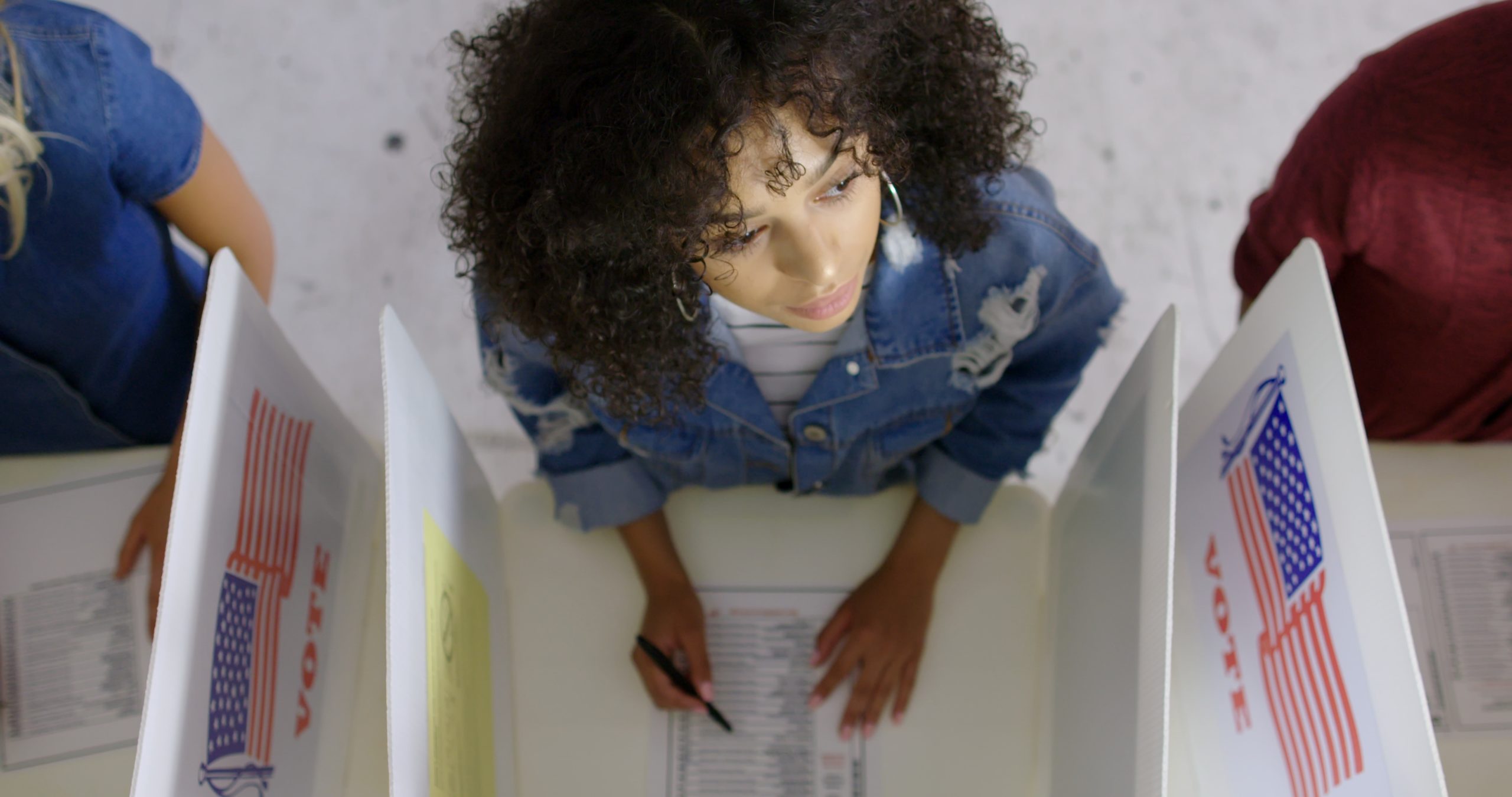Abortion rights, women of color, and LGBTQIA+ people are under attack. Pledge to join us in fighting for gender justice.
Identity-Based Bullying Isn’t New, but It Could Get Even Worse. Here’s Why I Hope the Supreme Court Rules for Inclusivity in Mahmoud v. Taylor.

Growing up in Ohio, I was distinctly aware that I was different from the other children at my public school. In elementary school, being the sole Jewish student in my year brought conflicting emotions: I felt special that my teachers would tap me to give annual presentations explaining Hanukkah to my class, but I also had a deep pit in my stomach about being singled out and feeling “othered.” By the time I reached middle school, being the only Jewish student in my year meant that I was different; and different was bad in the eyes of many of my peers.
To these classmates, this difference destined me to be the subject of incessant teasing and antisemitic rhetoric. People hurled pennies at me in the hallways and made Nazi salutes in my direction at the school bus. Peers repeatedly told me I was going to Hell. I vividly remember walking to class in seventh grade, clutching my books, praying I wouldn’t run into the ringleader of my bullying – only to slam directly into him as I turned a corner. “Watch it, Jew,” he said, as a nearby teacher looked on. My religion, previously a source of pride and reassurance, suddenly left me feeling isolated and ashamed.
Fortunately, I had access to spaces that made me feel seen and supported, like my synagogue and summer camp in Indiana, and had supportive friends and family that kept me afloat. And importantly, I had books. Reading gave me an escape from a hostile school environment, transporting me to other worlds and allowing me to feel seen, heard, and valued. I learned through literature that I was not alone in experiencing bullying or feeling othered because of my identity. And my adventures in reading diverse books helped me develop empathy for people different from me, which has been a deep and lasting core value.
My experiences as a young student have been on my mind since President Trump took office again, especially as I watched Elon Musk, an unelected member of the oligarchy with Trump’s ear, make a public Nazi salute at the inauguration. It has been deeply disturbing to see “fighting antisemitism” become a pretext for targeting students of color, immigrants, and institutions of higher education. Concerns about antisemitism should not be exploited to undermine democratic norms.
Further, the Trump administration’s attacks on the Department of Education and its Office for Civil Rights (OCR) are incredibly concerning. As an attorney, I know now what I didn’t as a middle schooler: there are federal civil rights laws that protect students from harassment and discrimination on the basis of sex, gender identity, pregnancy status, disability, race, color, and national origin. I wish that the teachers and school staff who witnessed my bullying and harassment firsthand had intervened, and I wish they had been better trained on civil rights laws and students’ avenues to enforce those protections. Unfortunately this administration’s actions, including signing a harmful executive order, firing half of the Department of Education’s staff, and closing more than half of OCR’s regional offices, make it highly unlikely that students will have their complaints efficiently investigated or their rights vindicated.
My experience as a student has also been front of mind as we gear up for the Supreme Court arguments in Mahmoud v. Taylor, where the Court will determine whether a group of parents in Maryland can opt their children out of LGBTQIA+ storybooks based on their religious beliefs. In a time where broad censorship efforts are affecting public schools nationwide, I keep thinking about how essential it was for me to see myself represented in books as a queer, Jewish student. To have children be pulled abruptly out of lessons where there are books featuring LGBTQIA+ people is incredibly harmful and sends a message to students that their lives or families aren’t accepted. And the requested opt-out policy at issue in this case could lead to a slippery slope for broad censorship in public school curriculum.
Targeting books about one group of families and children, as the plaintiffs in this case do with LGBTQIA+ people, is discriminatory. It makes LGBTQIA+ students vulnerable to being bullied and mistreated and paves the way for the mistreatment of all students. The parents in this case assert that they have a right to pull their children out of lessons they disagree with, but how would their children feel if they saw their peers leaving the room when a book was read about a Muslim family? If, as an elementary schooler, there was an opt-out policy that allowed any student to get up and leave during a discussion of Hanukkah, my feelings of being “othered” would have greatly intensified. An opt-out policy would be contrary to inclusive, safe learning environments for all students—and a missed opportunity to learn about one’s peers.
There is so much educational value in understanding views and opinions different from one’s own. There is value in unencumbered access to books and inclusive curricula. I deserved a safe public education and for my tormentors to have empathy for others, no matter their differences. All students deserve the freedom to read, the freedom to see themselves reflected in learning materials, and the freedom to attend school free from bullying and harassment.
* * *
To learn more about how censorship harms all students, please see the resources below.
- Gender Justice Means Freedom to Learn: How School Censorship Promotes Sex Discrimination
- Book Bans Are Silencing Survivors’ Stories
- The Peril of Book Bans: Targeting Women and People of Color
- Silenced Voices: NWLC Report Finds Right-Wing Attacks Are Censoring Teachers, Stifling Learning
- NWLC Files Two Complaints Against Book Censorship in Public Schools





